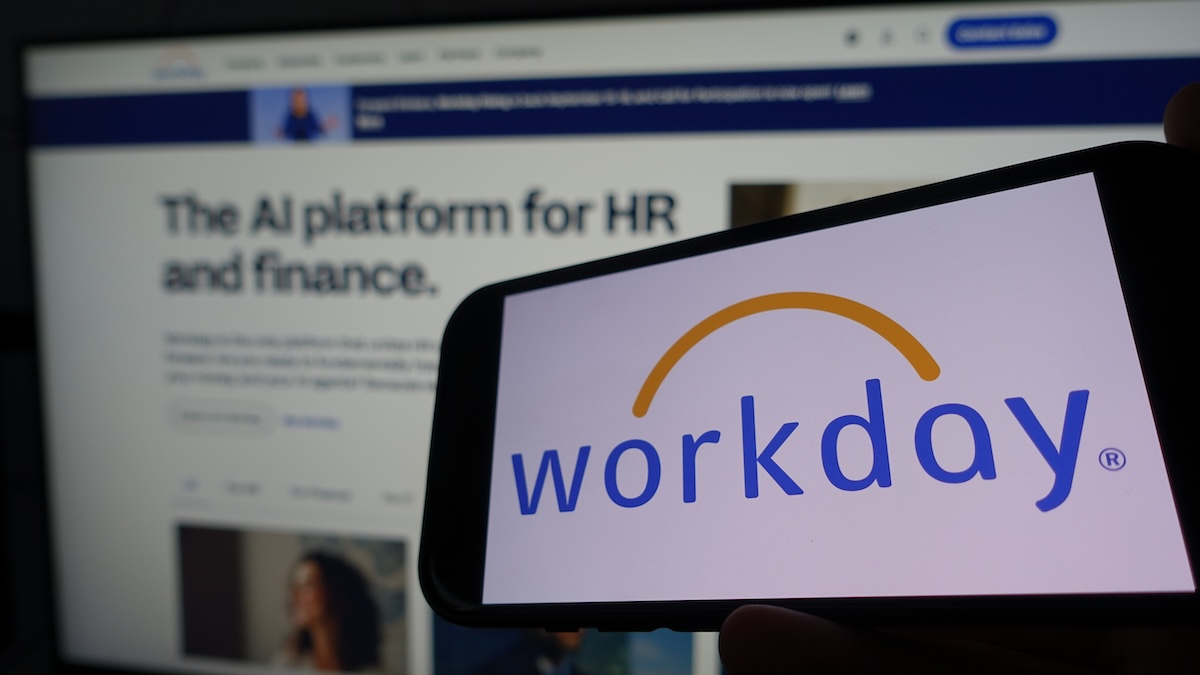In a recent disclosure, Workday, a leading provider of human resources and financial management software, revealed a data breach stemming from unauthorized access to a third-party customer relationship management (CRM) system. The breach resulted in the exposure of business contact information, including names, phone numbers, and email addresses. This incident underscores a broader trend of cybercriminals targeting CRM platforms through sophisticated social engineering tactics.
Details of the Breach
Workday reported that threat actors infiltrated a third-party CRM system, obtaining commonly available business contact information. The company emphasized that there is no evidence suggesting that customer tenants or their data were compromised. Upon detecting the breach, Workday acted swiftly to terminate unauthorized access and implemented additional safeguards to prevent future incidents.
The Rise of Social Engineering Campaigns
The attack on Workday is part of a larger campaign targeting major organizations through social engineering. In these schemes, attackers impersonate IT or HR personnel, contacting employees via phone calls or text messages to deceive them into divulging personal information or granting account access. The information harvested can then be exploited for further attacks, including phishing campaigns or unauthorized access to sensitive systems.
Connection to Widespread Salesforce Hacks
The nature of the Workday breach aligns with a series of recent attacks on Salesforce instances. Notorious cybercrime groups, such as Scattered Spider and ShinyHunters, have been implicated in these campaigns, which have affected prominent companies including Adidas, Allianz Life, Cisco, Dior, Louis Vuitton, Google, and Air France-KLM. These attackers primarily employ social engineering techniques to gain access to targeted Salesforce instances, without exploiting specific software vulnerabilities.
Implications for Organizations
The Workday incident highlights the critical need for organizations to bolster their defenses against social engineering attacks. While technical safeguards are essential, the human element remains a significant vulnerability. Comprehensive employee training programs are vital to educate staff on recognizing and responding to social engineering attempts.
Best Practices for Mitigating Social Engineering Risks
To mitigate the risks associated with social engineering attacks, organizations should consider the following best practices:
1. Employee Training and Awareness: Regularly conduct training sessions to educate employees about common social engineering tactics and how to identify suspicious communications.
2. Verification Protocols: Implement strict verification procedures for requests involving sensitive information or system access, such as multi-factor authentication and callback verification.
3. Incident Response Planning: Develop and regularly update incident response plans to ensure swift action in the event of a security breach.
4. Access Controls: Limit access to sensitive systems and data based on the principle of least privilege, ensuring employees have only the access necessary for their roles.
5. Regular Security Assessments: Conduct periodic security assessments and penetration testing to identify and address potential vulnerabilities.
Conclusion
The data breach at Workday serves as a stark reminder of the evolving tactics employed by cybercriminals, particularly the use of social engineering to exploit human vulnerabilities. As organizations increasingly rely on CRM systems to manage customer relationships, it is imperative to implement robust security measures and foster a culture of cybersecurity awareness among employees. By doing so, companies can better protect themselves against the growing threat of social engineering attacks.



